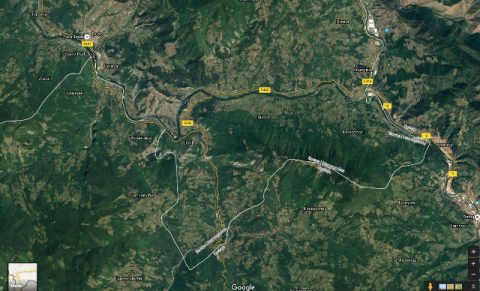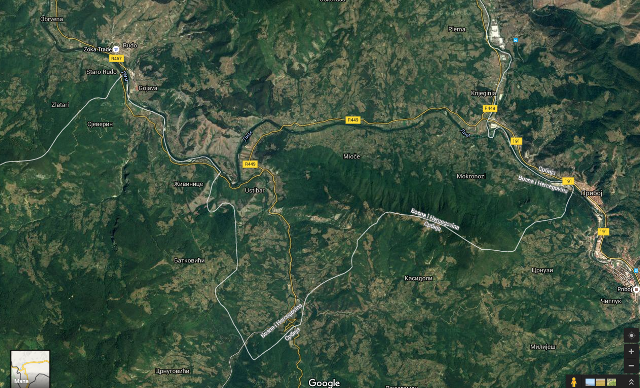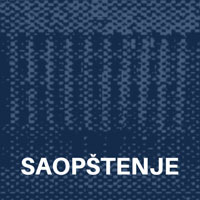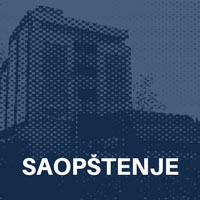Office of Public Prosecutor Instrumental in Shielding Government Institutions from Responsibility: Claims against Commissioner for Information of Public Importance

 In April and May 2016, the Office of the State Public Prosecutor (SPP) lodged two claims with the Administrative Court seeking the annulment of the decisions of the Commissioner for Information of Public Importance and Personal Data Protection (Commissioner), by which the Commissioner had ordered the Ministry of Defence (MoD) to provide the Humanitarian Law Center (HLC) information of public importance concerning the professional engagement of two officers of the Yugoslav Army (VJ) during the Kosovo conflict. The HLC considers that the SPP has abused its legal powers in order to shield individuals and institutions from responsibility for past crimes to the detriment of the public’s right to know, and that these claims constitute in effect an open attack on the office of the Commissioner.
In April and May 2016, the Office of the State Public Prosecutor (SPP) lodged two claims with the Administrative Court seeking the annulment of the decisions of the Commissioner for Information of Public Importance and Personal Data Protection (Commissioner), by which the Commissioner had ordered the Ministry of Defence (MoD) to provide the Humanitarian Law Center (HLC) information of public importance concerning the professional engagement of two officers of the Yugoslav Army (VJ) during the Kosovo conflict. The HLC considers that the SPP has abused its legal powers in order to shield individuals and institutions from responsibility for past crimes to the detriment of the public’s right to know, and that these claims constitute in effect an open attack on the office of the Commissioner.









 Case analysis: Republic of Serbia exempt from any responsibility for the crime against the inhabitants of Sjeverin
Case analysis: Republic of Serbia exempt from any responsibility for the crime against the inhabitants of Sjeverin


 The Humanitarian Law Center (HLC) and the
The Humanitarian Law Center (HLC) and the 
 The Humanitarian Law Center (HLC) filed an
The Humanitarian Law Center (HLC) filed an 
 The First Basic Court in Belgrade has rendered a
The First Basic Court in Belgrade has rendered a